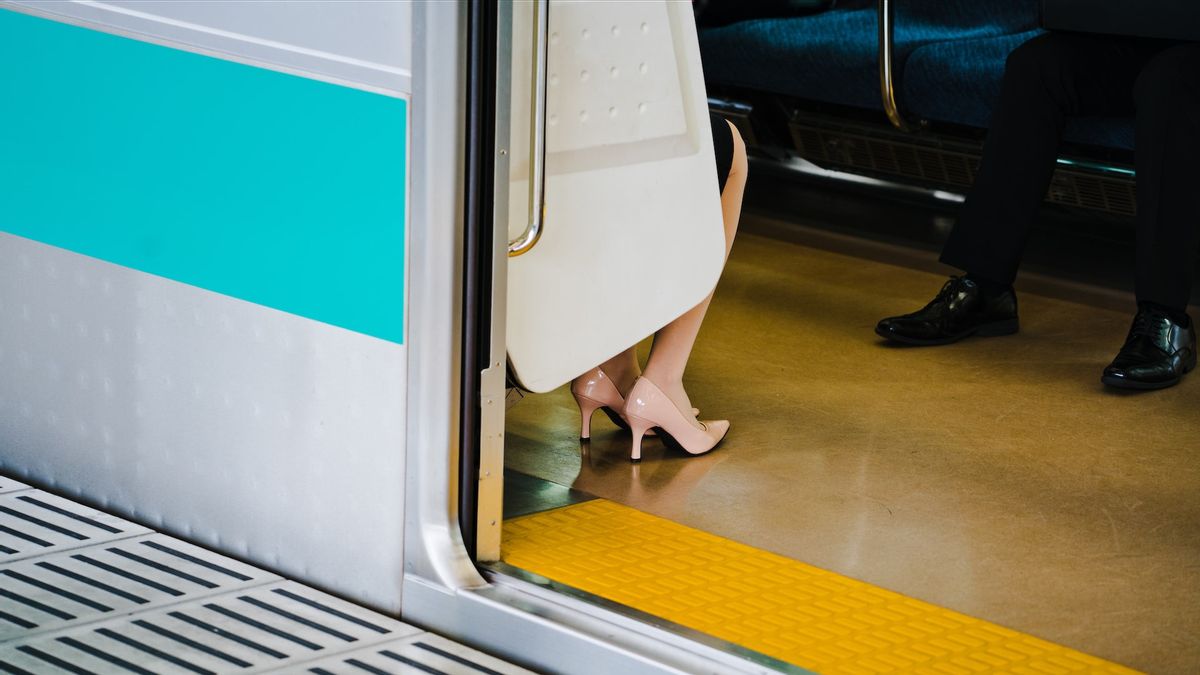JAKARTA - Members of parliament introduced the first law in Japan to prohibit taking photos or videos of others sexually exploiting without consent.
The bill against photo-voyeurism will also prohibit actions such as upskirting (the act of photographing from under the skirt) and making secret films of sexual acts.
Until now, such criminal cases have been prosecuted based on local prefectural laws, whose coverage has varied widely.
Reporting from the BBC, Tuesday, May 2, the bill is part of a broader overhaul of Japanese law on sex crimes, which will also extend the definition of rape. The law explicitly prohibits the retrieval, distribution, and/or ownership of photos of a person's genitals without their consent.
It also criminalizes the act of taking photos of people who are manipulated without their knowledge into sexual positions. In particular, the bill prohibits the creation of children's films "sexually for no justifiable reason".
In Japan, the child-most female model is routinely described in a sexually provocative way. For example, some are asked to pose in underwear or swimsuit.
According to local media reports, photos of athletes in sportswear are sometimes also used for sexual or malicious purposes.
Violators will face up to three years in prison or a fine of up to 3 million yen (IDR 342 million more). The reform is expected to be passed in June this year.
This comes after growing public protests against stronger laws that criminalize actions facilitated by cell phone photography.
Pada 2021, polisi Jepang melakukan lebih dari 5.000 penangkapan untuk folis bangrestin - jumlah rekor dan sekitar tiga lipat kasus pada tahun 2010.
About seven out of 10 flight attendants in Japan also reported that their photos were taken secretly, according to a survey by the national aviation union published in March.
Most mobile phone manufacturers in Japan have put up heard-and-hear sound on their mobile devices, to prevent making secret films.
Some Asian countries have laws that prohibit vocation, but their enforcement is different. In South Korea, those convicted for secretly recording sexual images face fines of up to 10 million won (Rp109 million more) or a maximum prison sentence of five years.
However, the Korean Women's Lawyers Association said only 5 percent of the 2,000 cases of making prohibited films were brought to court between 2011 and 2016 resulting in prison sentences.
In Singapore, a person convicted of voyeurism can face up to two years in prison, fines, caning, or a combination of the sentence. Voyeuristic crimes involving victims under the age of 14 will mean mandatory prison sentences, plus fines and canings.
Japan has seen several changes to the Criminal Code to strengthen laws against sex crimes, after several rape exemptions in 2019 led to national outrage.
In February this year, a panel from Japan's Ministry of Justice proposed raising the age of approval from 13 to 16 years. The law on limiting rape reporting will also be increased to 15 from 10 years.
The ministry's proposal also aims to criminalize the treatment of minors and expand the definition of rape. Currently, Japan has the lowest approval age in developed countries and the lowest in the G7 group.
The English, Chinese, Japanese, Arabic, and French versions are automatically generated by the AI. So there may still be inaccuracies in translating, please always see Indonesian as our main language. (system supported by DigitalSiber.id)
Most Popular Tags
#Prabowo Subianto #New Year #pdip #Hasto Kristiyanto #nataru #NatalPopular
24 Desember 2024, 00:18
24 Desember 2024, 05:00













